Animals
-
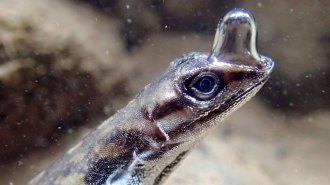 Animals
AnimalsHow some lizards breathe underwater
Researchers have figured out how some anole lizards can stay underwater for as long as 18 minutes.
-
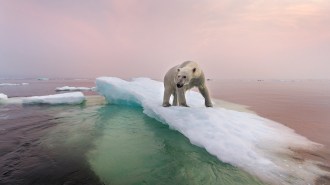 Life
Life‘Wild Souls’ explores what we owe animals in a human-dominated world
The new book Wild Souls explores the ethical dilemmas of saving Earth’s endangered animals.
-
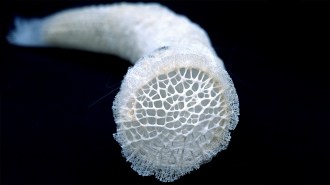 Animals
AnimalsHow intricate Venus’s-flower-baskets manipulate the flow of seawater
Simulations show that a deep-sea glass sponge’s intricate skeleton creates particle-trapping vortices and reduces the stress of rushing water.
By Nikk Ogasa -
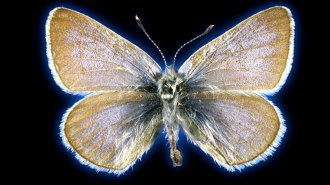 Animals
AnimalsThis butterfly is the first U.S. insect known to go extinct because of people
A 93-year-old Xerces blue specimen’s DNA shows that the butterfly is a distinct species, making it the first U.S. insect humans drove to extinction.
By Jake Buehler -
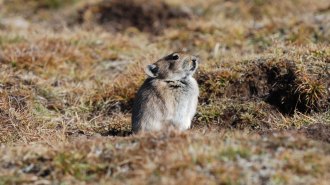 Life
LifePikas survive winter using a slower metabolism and, at times, yak poop
Pikas endure bone-chilling temperatures on the Qinghai-Tibetan Plateau by reducing their metabolism, and when possible, eating yak poop.
-
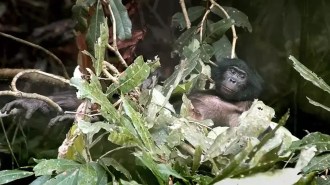 Animals
AnimalsClimate change may be leading to overcounts of endangered bonobos
A changing climate in Congo is affecting how scientists count bonobos’ nests, possibly skewing estimates of the great ape population, a study suggests.
By Pratik Pawar -
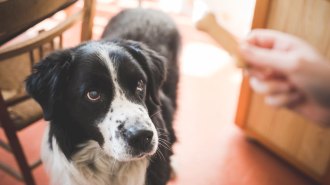 Animals
AnimalsWould dogs return the favor if you gave them treats? It’s complicated
An experiment in which dogs did not reciprocate food giving with humans may reveal something about the dogs, or about how science is done.
By Betsy Mason -
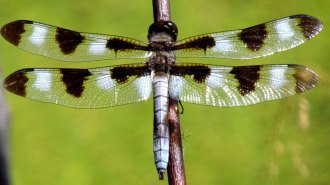 Animals
AnimalsClimate change may rob male dragonfly wings of their dark spots
Less colorful, cooler wings may be advantageous to dragonflies in a warmer world. But the change could mess with the insects’ mating.
By Jake Buehler -
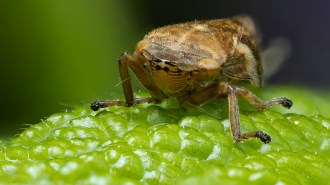 Animals
AnimalsFroghoppers are the super-suckers of the animal world
To feed on plant xylem sap, a nutrient-poor liquid locked away under negative pressure, froghoppers have to suck harder than any known creature.
-
 Animals
AnimalsDogs tune into people in ways even human-raised wolves don’t
Puppies outpace wolf pups at engaging with humans, even with less exposure to people, supporting the idea that domestication has wired dogs’ brains.
-
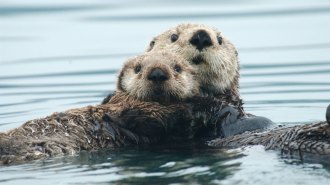 Life
LifeSea otters stay warm thanks to leaky mitochondria in their muscles
For the smallest mammal in the ocean, staying warm is a challenge. Now, scientists have figured out how the animals keep themselves toasty.
-
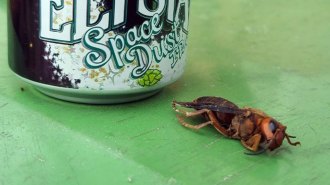 Animals
AnimalsFocusing on Asian giant hornets distorts the view of invasive species
2021’s first “murder hornet” is yet another arrival. This is the not-so-new normal.
By Susan Milius